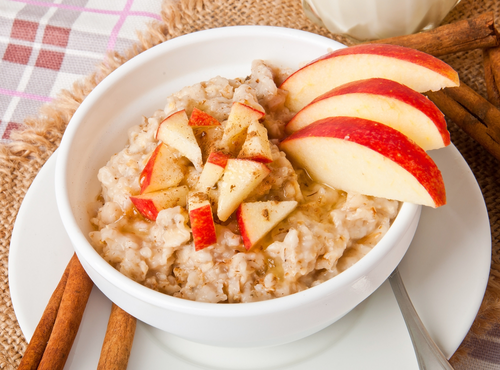Dietary fiber helps maintain gut health: Study
Mon 14 Aug 2017, 22:38:14

Washington D.C. : A team of researchers have discovered that by-products of the digestion of dietary fiber by gut microbes act as the right fuel to help maintain gut health.
Researchers from University of California - Davis Health System identified the host receptor peroxisome proliferator receptor gamma (PPARg) as the regulator responsible for maintaining this cycle of protection.
They explained that when this host signaling pathway malfunctions, it leads to increased oxygen levels in the gut lumen and these higher oxygen levels make us more susceptible to aerobic enteric pathogens such as Salmonella or Escherichia coli, which use oxygen to edge out competing beneficial microbes.
Senior study author Andreas Baumler from UC Davis Health said that the research suggests that one of the best approaches to maintaining gut health might be to feed the beneficial microbes in intestines dietary fiber.
"While it is known that the gut is the site of constant turf wars
between microbes, our research suggests that signals generated by beneficial microbes drive the intestinal tract to limit resources that could lead to an expansion of potentially harmful microbes," he explained.
between microbes, our research suggests that signals generated by beneficial microbes drive the intestinal tract to limit resources that could lead to an expansion of potentially harmful microbes," he explained.
The study describes gut microbes as "partners" in the body's defense against potential infectious agents, such as Salmonella.
Resident gut microbes metabolise indigestible dietary fiber to produce short-chain fatty acids, which signal cells lining the large bowel to maximise oxygen consumption, thereby limiting the amount of oxygen diffusing into the gut lumen (the open space within the intestine that comes into direct contact with digested food.)
First study author Mariana X. Byndloss noted that the beneficial gut bacteria that are able to breakdown fiber do not survive in an environment rich in oxygen, which means that our microbiota and intestinal cells work together to promote a virtuous cycle that maintains gut health.
The research appears in journal Science.
No Comments For This Post, Be first to write a Comment.
Most viewed from Health
AIMIM News
Latest Urdu News
Most Viewed
May 26, 2020
Do you think Canada-India relations will improve under New PM Mark Carney?
Latest Videos View All
Like Us
Home
About Us
Advertise With Us
All Polls
Epaper Archives
Privacy Policy
Contact Us
Download Etemaad App
© 2025 Etemaad Daily News, All Rights Reserved.






























